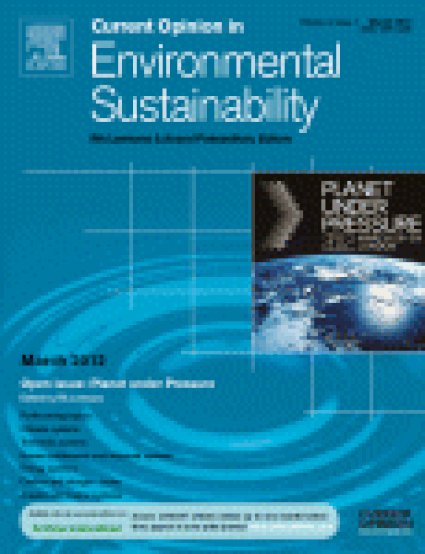
Article
A Vision for Human Well-Being: Transition to Social Sustainability
Current Opinion in Environmental Sustainability
(2012)
Abstract
The world is experiencing urgent and interconnected problems on many social as well as environmental fronts. Resource shortages, demographic realities, and planetary boundaries prevent us from growing our way out of these problems. A redirection towards sustainability and well-being may be the most viable option for further development. Sustainability must be defined to include meeting human physical, emotional and social needs. Equity considerations are primary in order to have the resources to reduce poverty and increase well-being in developing countries. Well-being is multidimensional and context-specific, and must be approached in a way that preserves cultural diversity and societal autonomy while meeting universal human needs. We must go beyond GDP, measuring the various objective and subjective components of well-being to monitor our progress.
Disciplines
Publication Date
February, 2012
Citation Information
Deborah S. Rogers, Anantha K. Duraiappah, Daniela Christina Antons, Pablo Munoz, et al.. "A Vision for Human Well-Being: Transition to Social Sustainability" Current Opinion in Environmental Sustainability Vol. 4 Iss. 1 (2012) Available at: http://works.bepress.com/michail_fragkias/2/
